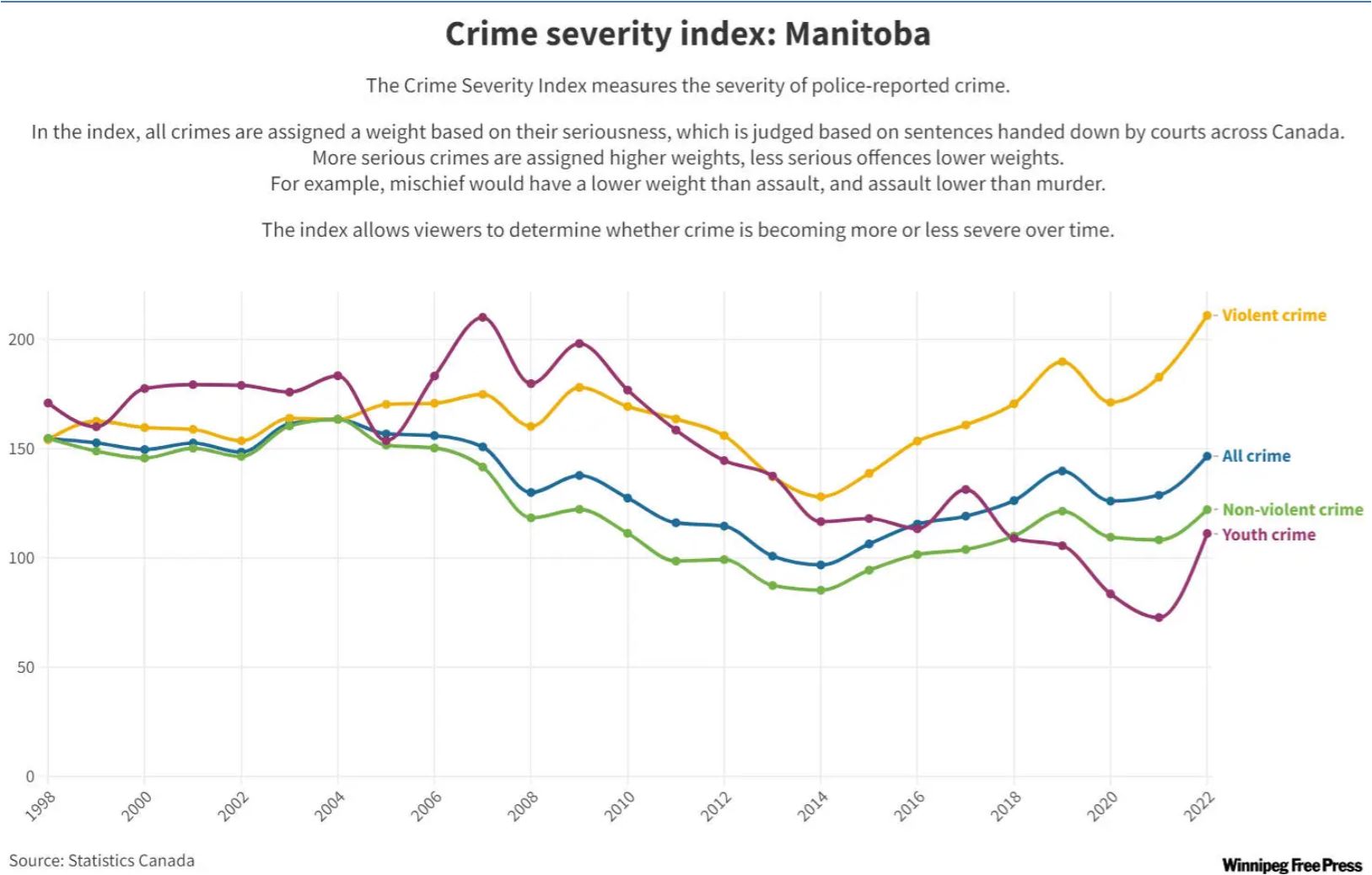
Callout:
Insanity: doing the same thing over and over again and expecting different results.
– Albert Einstein
I’ve been involved in crime prevention for many years and I’m continually frustrated by the debate between policing and social programs. It seems fairly obvious that when someone commits a crime, particularly a serious crime, we need the police. However, my personal experience has also shown that social programs like recreation and public schools are absolutely basic to crime prevention.
However, a third factor, the community, is an overlooked force that can make the difference between a low crime community and a high crime community. A very wise thinker, Jane Jacobs, was famous for her concept of “eyes on the street” as a major crime prevention mechanism.
What people consider crime is what is reported on the front page of the paper: murder, assault, shop lifting, drug dealing. All very public crimes where it is clear someone is harmed. The crimes reported on the business pages are less spectacular and impact the community less directly – no one has heard of Bridging Finance, a Toronto based financial company charged with fraud of over $1.6 billion, with two Winnipeg financiers closely involved in the missing money question, but there is little fundamental difference between these two and the petty thief on the street.
Crime has many facets, but most people are concerned about the crime they read about in the newspaper or see on TV.
Everyone is aware that Winnipeg has the highest violent crime rate in Canada. We also have one of the highest property crime rates. In this article I’m going to discuss one type of crime and how respectable people are supporting it without thinking.
Recently, we have been made aware of a shoplifting epidemic – shoplifting on an organized scale that affects the survival of some small grocery stores. What happened in Winnipeg to move shoplifting from a low-level annoyance to a major crime epidemic?
The answer is very simple. People realized that they could steal from stores and get away with it. When people moved from slipping a steak into their shopping bag to filling a shopping cart with high end expensive foods that could be sold for cash and leaving without paying, the problem changed.
When you're sitting in a restaurant or bar and somebody wanders up to your table, offering you a $20 steak for 10 bucks lots of people take the bargain. Oops, we now have two criminals. A criminal who stole and a criminal who possesses stolen goods. If people are stealing major quantities, those thefts are for resale not personal consumption. If you buy that cheap steak in the bar, maybe you know you won’t be prosecuted. But we now have two crimes without consequences.
A Giant Tiger store in the North end supported a senior’s group for several years. That Giant Tiger store was going to close, largely due to organized shoplifting. A van would pull up in their parking lot and distribute lists. People would fill their shopping carts with the items on the list then leave the store without paying. The thieves brazenly went straight to the van which had given them the list and turned over all the stolen stuff. The staff at the store, including security guards, are not allowed to physically intervene. The store was helpless. However, we know that those stolen items would soon be for sale somewhere at drastically reduced prices. The purchasers of this stuff, once again buying stolen property, are committing a crime.
Right now, the only response is more policing. Our provincial government responded by increasing police assigned to stop shoplifting. However, there is a role, some would say a responsibility, for the public.
I did my own little bit. I phoned officials in the Liquor and Gaming Corporation. I suggested they notify licensed beverage rooms that it is against the law and the rules under their license to allow people to sell ‘stuff’ in licensed premises. I reminded them that they were in danger of suspension or losing their liquor license if they allowed people to go table to table selling stuff. This is the primary method of selling stolen goods, especially food. Police told me that some low-end restaurants we're actually buying food, which was obviously stolen, at the back door. I phoned the health department to issue the same type of warning against buying steaks.
Social agencies warn about food deserts in the inner city where there is no reasonably priced store to buy food. As inner-city food stores find the shoplifting just too expensive, the food desert gets bigger.
Fortunately, the provincial Justice Minister has moved quickly to get more policing working on shoplifting. Once the thieves, the shopping cart level thieves, learn that they will be arrested, and their hard-earned stolen goods confiscated, the level of theft will go back to that annoying but acceptable previous low level.
What would I have done differently?
First, I would have immediately had a major media campaign asking people to not buy stolen stuff or any stuff where the price is too good to be true. I’d warn people that its illegal to possess stolen goods. I would suspend the liquor licence of a couple of bars that allowed people to sell stolen stuff. That would ensure that every other bar would cut off sales. No sales, its not worth stealing. Finally, involve the community. People know where the thieves live and where they keep their stolen stuff. Actively explain to the community, the damage the thieves are doing and how they will create more of a food desert. Soon people will begin to let officials know where the ‘stolen stuff’ is stored. After a couple of highly publicised arrests and when the impact of consequences sets in, shoplifting drops off.
I said at the beginning of this article, our epidemic of shop lifting developed because there were no consequences for theft. For a long-term decrease in crime, we need a broad range of both social programs, anti poverty efforts and a reorganization of police so more of them are directly involved in confronting crime. And we need a community at large that accepts its responsibility not to accept short term benefits from the proceeds of crime.


